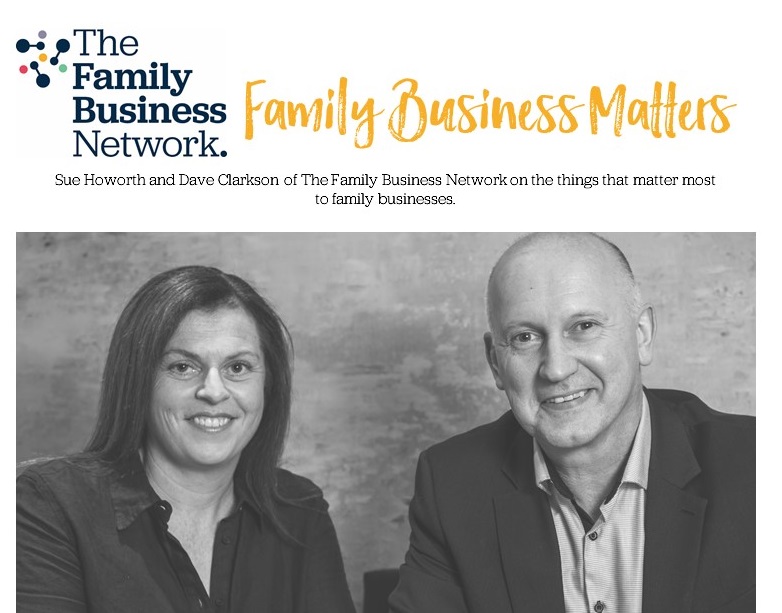In our December column, Sue and Dave discuss the challenges of finding an effective decision-making structure that works for your family business.
It’s the season of peace on earth and goodwill to all men. The only problem is, not everyone seems to get the memo. The family scenes depicted on Christmas cards with children playing in the snow and the whole family gathered happily around a blazing fire do not generally resemble reality. The fact is that for many, Christmas is one of the rare occasions when all family members gather together, and this can naturally create some challenging and emotional scenarios rather than peace and harmony.
The gathering of family members is a necessary and important part of everyday life for those working in family businesses, not just for a festive celebration. It can also have wider reaching consequences, impacting the business as well as family relations. For example, business decisions made by family members can have a ripple effect, affecting multiple generations of the family, the people they employ and their families, supply chains and the local and wider economy.
Over recent weeks, we have been asked by numerous family businesses about the best way of structuring governance or making decisions within the business. Our answer is that there are multiple routes to take and no one model fits all.
The chosen structure or approach can apply to everything from ‘Where shall we hold the Christmas party this year?’ through to ‘Should we make our son or our daughter the next CEO?’ or ‘Should we allow non-family directors onto the board?’.
For many family businesses, governance and decision-making is often separated across different areas; owner-led decisions, board decisions, management decisions and family decisions. Each area has its own concerns and plays a different role. In smaller businesses, it may be necessary for one or two people to play all the roles and make all the decisions.
The source of decision-making power or the decision-making approach also varies from business to business, often in line with the different decision-making areas.
The different decision-making models
- Owner-controlled decisions
When the decision-making power comes from those who control the shares (this could be one person or a number of family shareholders)
- Hierarchical decisions
When one person (often a CEO) has the overall say-so and makes the final decision for all
- Board decisions
When a board of directors (family members/ non-family exec’s, NED’s etc) influence each other to make a decision in a peer to peer way
- Consensus decisions
When everyone must come to an agreement (an approach often adopted by families or a husband and wife partnership)
There are many extra considerations and challenges for family-owned or run businesses than for non-family businesses whose decisions-making models are usually clearly defined, hierarchical and based on purely rational, practical and financial matters. Common challenges might include for example, having an ineffective board of directors elected by ownership interest rather than knowledge of and commitment to the business, or having a non-structured family decision-making approach where conversations go round and round and actions are not clearly agreed and followed through.
Despite the countless challenges, it is possible to create an effective governance and decision-making structure that takes into account the needs and considerations of the family and the business. Through conversations and experiences shared at our network events and forums, we have seen that the common aim for many families is achieving balance and fairness for all. Decisions will rarely be based on figures alone, but instead based upon what’s right for all and the legacy and stewardship of the business.
Part of our role at the network is to signpost family businesses who are experiencing certain challenges. We will often be able to point them towards other family businesses who have undergone similar challenges and it’s this peer to peer learning and sharing that creates real value.
We look forward to working with you, your families and your businesses in the new year and wish you all good decision-making, peace and harmony in 2020.





 Login
Login
